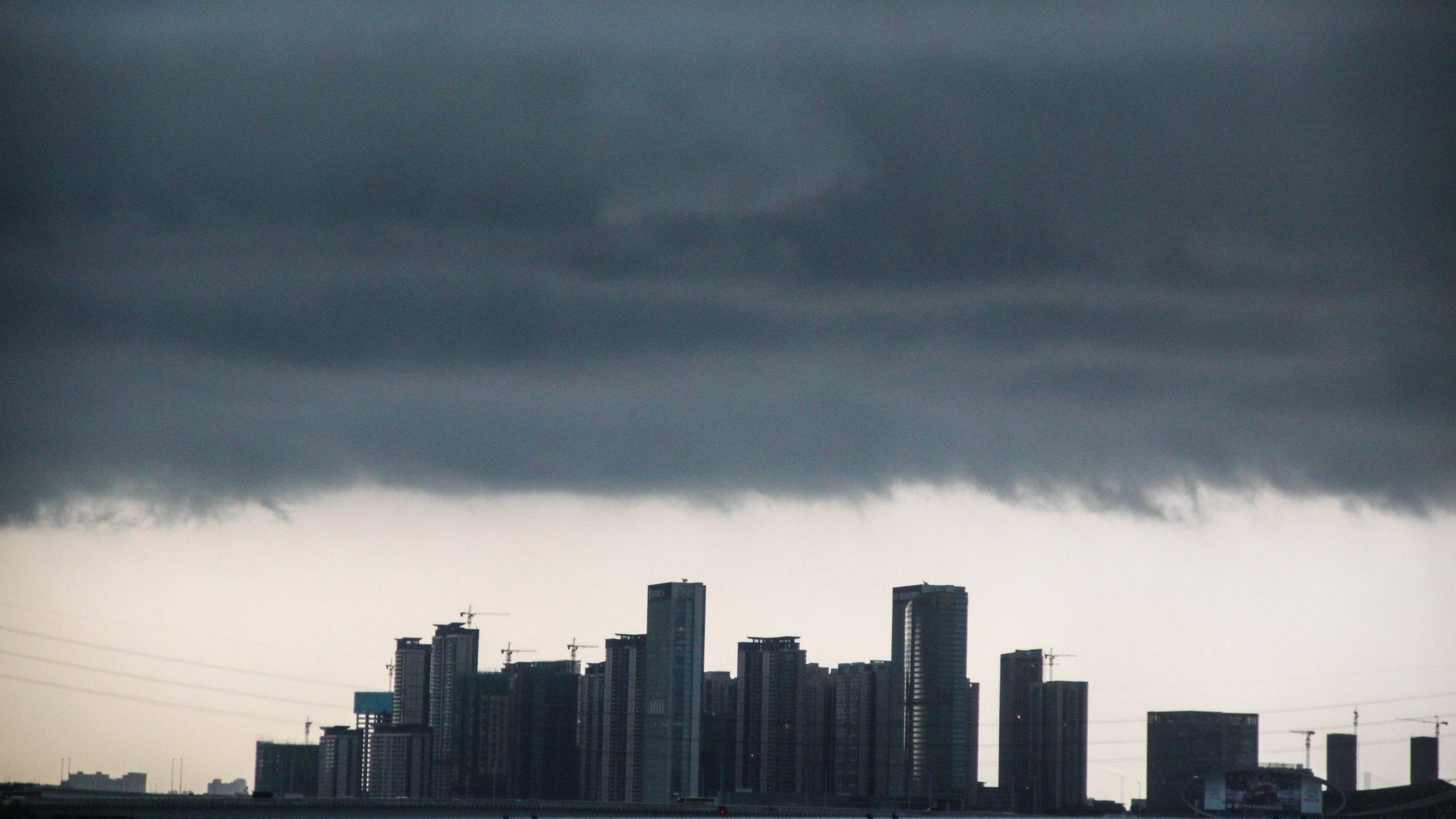China's growth slows to 7% in the first quarter
- Published
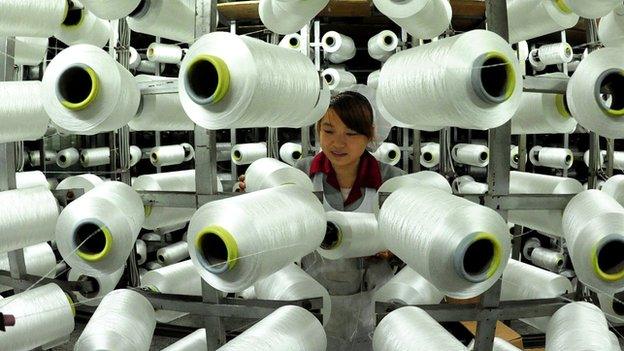
China's economy has been hit by factory overcapacity, high levels of local debt and a downturn in its once booming property market
China's economic growth slowed further in the three months to March this year, expanding 7% compared to a year earlier, its slowest pace since the global financial crisis in 2009.
The rate was lower than the 7.3% posted for the three months to December.
Last year, China's economy, which is the world's second largest, grew at its slowest pace since 1990.
It expanded by 7.4% in 2014, missing its annual growth target of 7.5% for the first time in 15 years.
Despite the slowdown, the Chinese economy was still one of the world's fastest-growing and analysts have said it was proving to be more resilient than expected.
However, they have also said that slower growth, together with the country's cooling property market - a key economic driver - was likely to mean further easing by China's central bank this year, including further rate cuts among other measures.
In February the People's Bank of China unexpectedly cut interest rates for the second time since last November.
Interest rate cuts together with injections of liquidity are some of the tools Beijing uses to fine tune its economic growth.
'Unfavourable' numbers
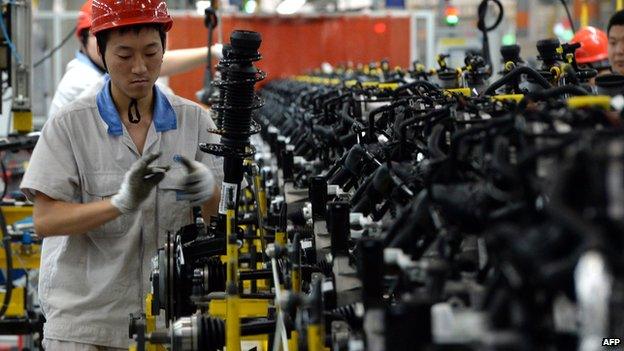
Analysts said there was concern around the latest industrial production figures, which fell to 5.9% month-on-month in March
The latest growth numbers were by no means a hard landing - which some had feared - and were in line with the latest government target, analysts said.
"Still, it represents a slowdown from the previous read of 7.3%," Nicholas Teo from CMC Markets told the BBC, "and is one of the weakest numbers reported in quite a few years."
In the first three months of 2009, amid the financial crisis, China's economy expanded 6.6% from a year earlier.
China also released industrial production (IP) figures on Wednesday which fell to 5.9% month-on-month in March, down from forecasts for an expansion of 6.9% and the lowest since 2008.
Analysts said these figures were more glaring than the growth data. Mr Teo described the latest IP numbers as "unfavourable".
"Together with the slower trade numbers reported earlier this week, the industrial production number may just set the tone for a quickening pace with regards further easing measures," he said.
"And this may come in the form of further interest rate cuts."
Evan Lucas from IG Markets told the BBC the IP numbers highlighted "the real issue facing China" as exports declined "and falls in work done were being felt across the board".
Markets were lacklustre following the numbers however, with Hong Kong's Hang Seng index up 0.7% and the benchmark Shanghai Composite flat, up just 0.01% at 4,135.91.
- Published15 April 2015
- Published13 April 2015
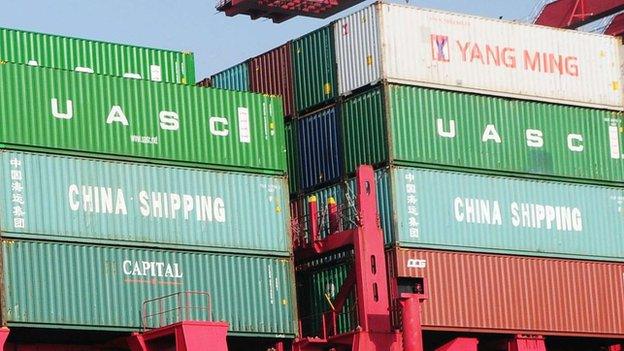
- Published30 March 2015
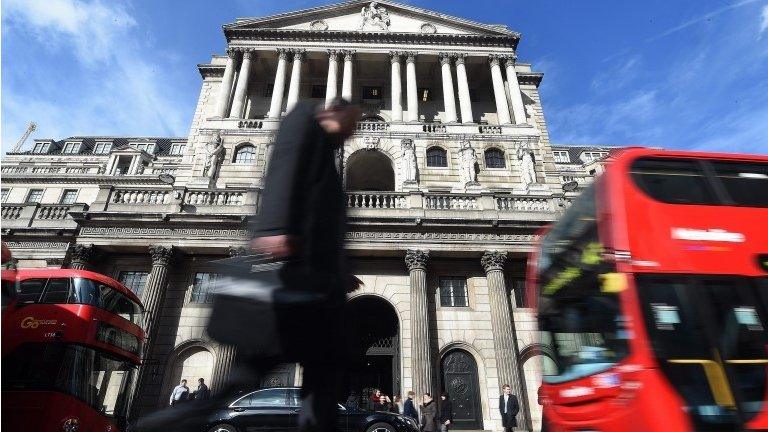
- Published24 March 2015
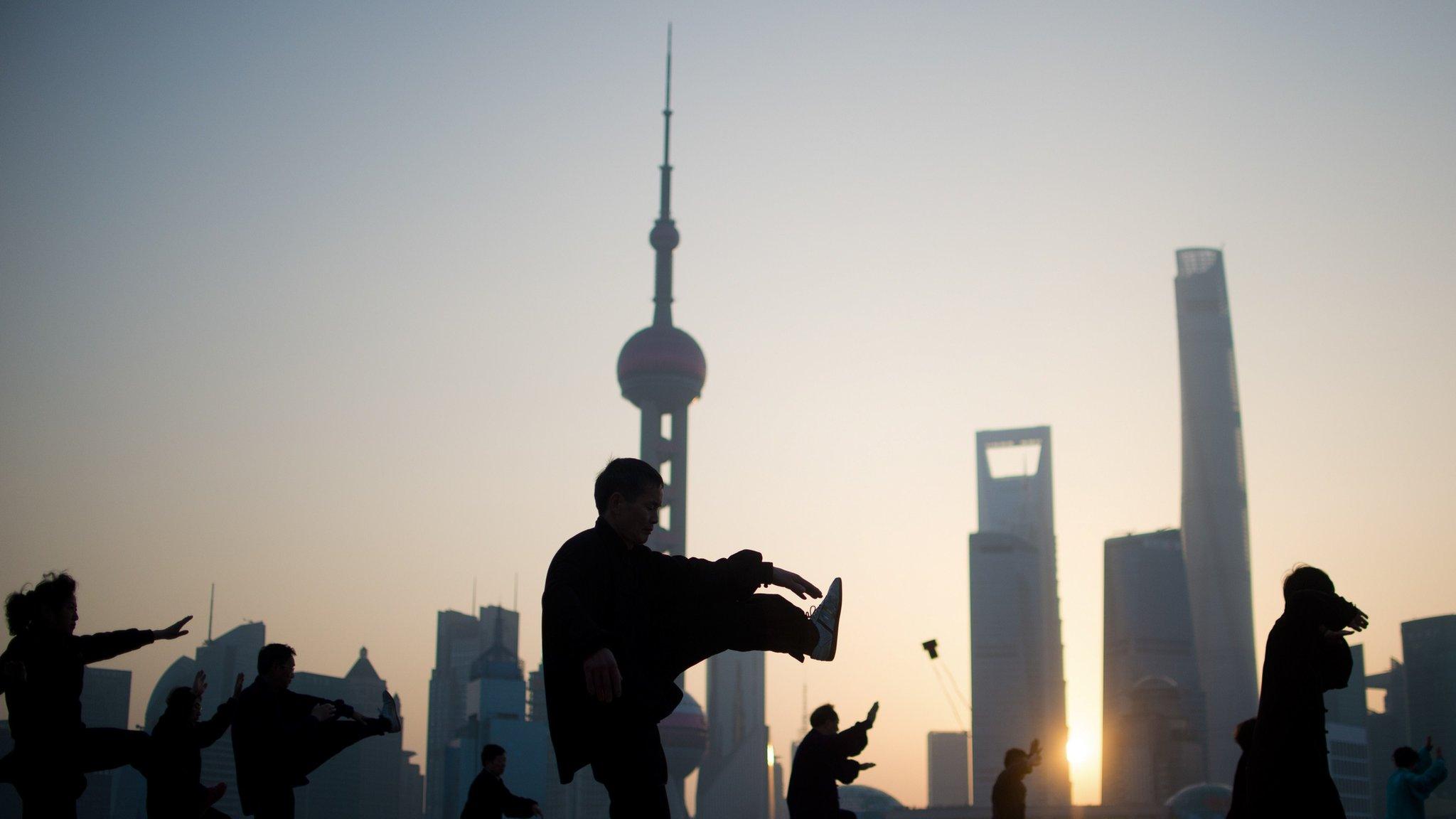
- Published20 January 2015
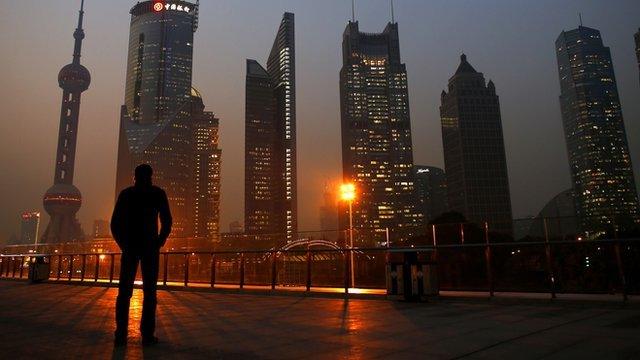
- Published20 January 2015
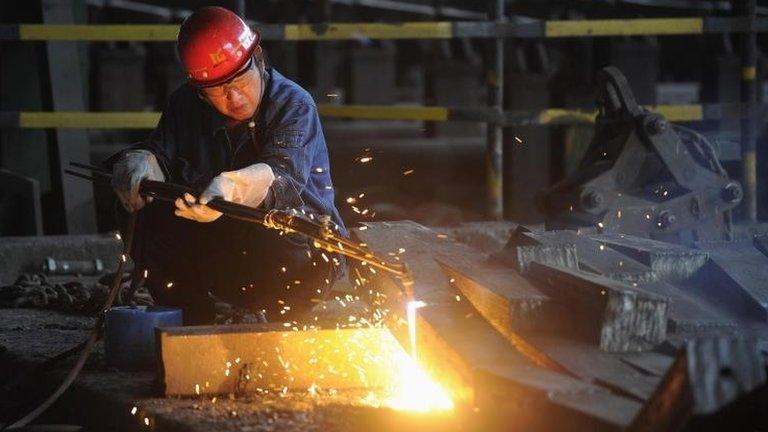
- Published19 January 2015
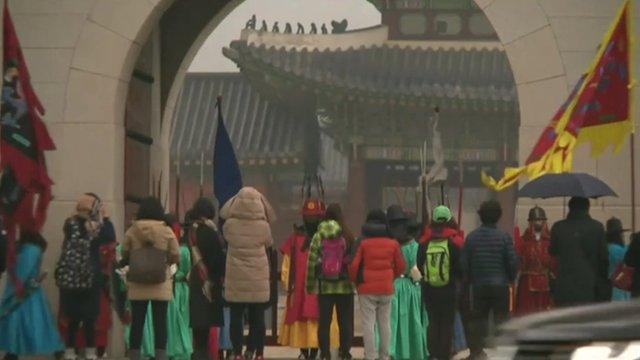
- Published20 January 2015
